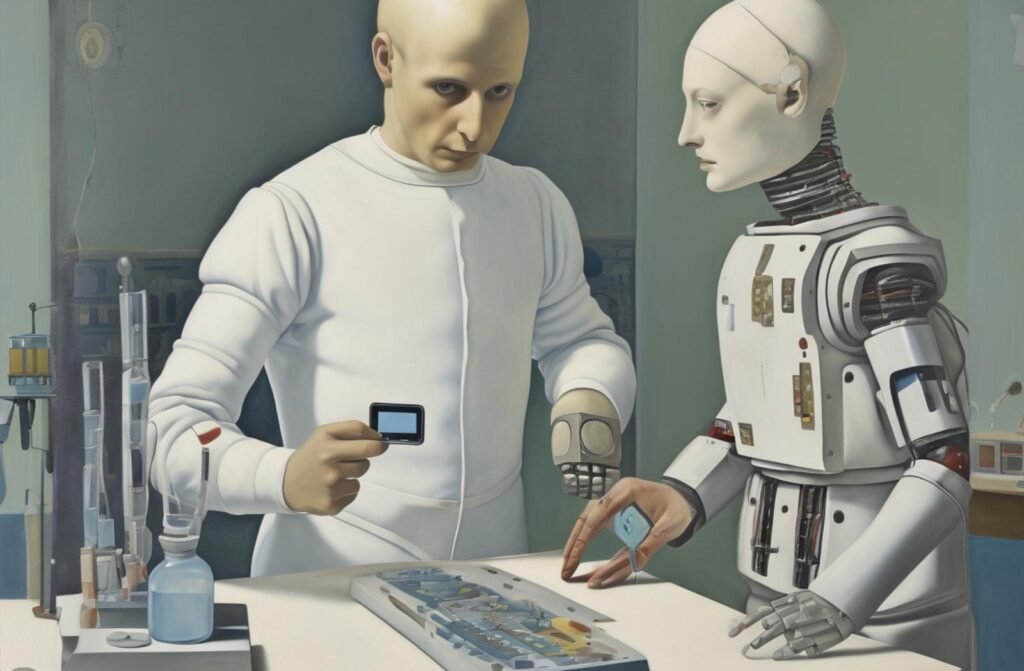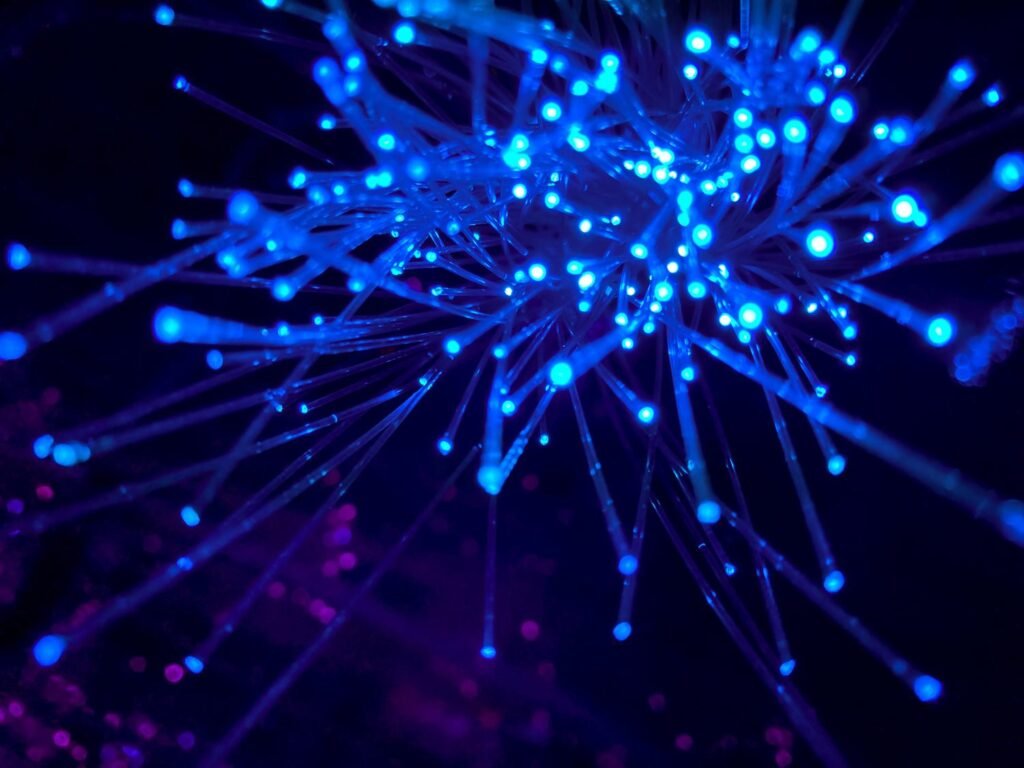What is FaceAge, the AI tool that can tell how healthy you are from a selfie?

A new AI tool promises to give doctors a clearer picture of a patient’s health by analysing their face.
Known as FaceAge, it is modelled after what physicians call “the eyeball test,” a quick visual assessment made by doctors to gauge a patient’s overall condition at a glance. The AI tool has been developed by researchers at Mass General Brigham, a non-profit, integrated healthcare initiative, in Boston, United States. Their research paper on the deep learning system was also published in the Lancet Digital Health on May 8, 2025.
The developers of the AI tool have said that they expect to conduct a pilot study with about 50 patients starting next week. This means that FaceAge is yet to undergo proper testing before it can be deployed in hospitals to be used by doctors routinely.
What is FaceAge? What are its capabilities?
FaceAge is essentially powered by a deep learning algorithm that has been trained and developed to tell patients’ biological age from a selfie. However, the tool is designed to provide a patient’s age in health (biological age) and not in years (chronological age).
A person’s biological age is considered to be important because it could help doctors determine the most appropriate treatment for them. For example, doctors could prescribe a more aggressive treatment for a cancer patient if their biological age indicates that they are healthy enough to tolerate it.
We found that doctors on average can predict life expectancy with an accuracy that’s only a little better than a coin flip when using a photo alone for their analysis,” Dr Raymond Mak, a radiation oncologist at Mass General Brigham and one of the co-authors of the study was quoted as saying by Washington Post.
“Some doctors would hesitate to offer cancer treatment to someone in their late 80s or 90s with the rationale that the patient may die of other causes before the cancer progresses and becomes life-threatening,” Dr Mak added.
























































































